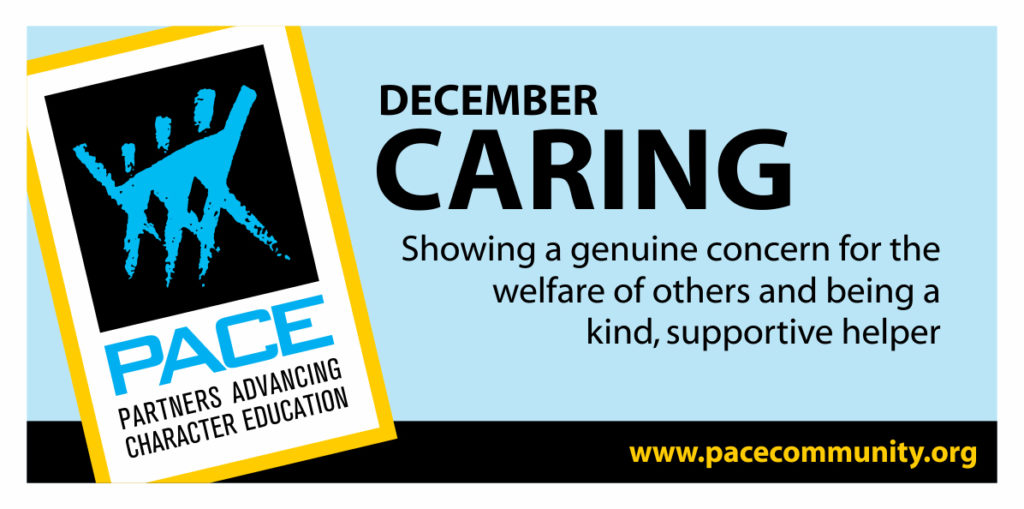Ten thousand times per year, our eyes meet those of others finding their lives in the hands of complete strangers: ours. The reason for their common predicament varies from claimed independence (adventuring in the absence of their human companions) to victimization (human abuse, neglect, abandonment) and innumerable grounds in between, but their ultimate plight is shared: despite indisputable sentience, pronounced individuality, obvious will, and physical and emotional wants and needs similar to those of humans in all ways that matter, they exist in a world foreign to their heritage and retained instincts, dominated by the interests of a different species, and discounting of their intrinsic value. Yet, we ask and expect them to place their trust in us – indeed, our organization’s operation relies on their doing so.
As a municipal animal shelter, we at the Spokane County Regional Animal Protection Service (SCRAPS) are charged with serving the interests of the lost, homeless, abused, abandoned, and neglected companion animals of Spokane County, and it falls upon us to define those interests. To our mind, this crucial undertaking – both at its core and by virtue of the definitive consequences that will stem therefrom – either forms a strong foundation for or incurably hinders the formation of relationships (between us and those we serve) built on trustworthiness, defined by PACE for purposes of this comment as inspiring of reliability and confidence in truthfulness, integrity, and discretion.
To build the foundation we seek, we believe it imperative to shirk the limited views of non-human interests that have given rise to a legal paradigm in which companion animals are identified as the “property” of humans and, in their place, to devise an ethical construct that asks the question of what we would want if roles were reversed and answers the question with empathy, sincerity, consistency, and justness. To be sure, there is little doubt that, finding our lives and futures in the hands of another, we would expect our right to exist – to overcome life’s hurdles and enjoy life’s beauties – to be held paramount; indeed, as humans, the penumbra of rights we enjoy originates from this one.
For us as an animal shelter, recognition of every companion animal’s right to exist is most meaningfully and fully recognized and codified through the adoption of a “no-kill” ideology that underpins and informs organizational policies and practices: companion animals lives are ended only if their individual interests are best served thereby because, for example, they are irremediably suffering. In these cases, the ending of a life can be rightly deemed “euthanasia”, a merciful ending of life to relieve pain and suffering that stands in staunch opposition to killing, the ending of life for reasons that do not serve the interests of the individual affected.
At SCRAPS, the adoption of this ideology renders us able to earnestly ask each being who enters our care to trust us. We will, we can reliably promise them, ascribe to you the inherent value you deserve as a fellow living being; we will, we can truthfully assure them, envisage your future through a lens that articulates and safeguards your personal autonomy and accounts for your individuality; and we will, we can faithfully vow to them, wield the discretion we enjoy on account of our species in a manner worthy of our position as your self-appointed advocates and guardians. To us, adopting and honoring the aforementioned ideology provides the basis for the trust we desire and seek to have placed in us and of which we endeavor to be deserving . . . ten thousand times per year.
Lindsey Soffes began serving as the Director of SCRAPS in March 2018; working at SCRAPS has allowed Lindsey to realize her professional aspiration of creating positive change for companion animals finding themselves in the care of an open admission shelter. Prior to joining SCRAPS, Lindsey worked with Seattle Humane, MEOW Cat Rescue, and Pasado’s Safe Haven, and served on the Boards of the Feral Cat Spay/Neuter Project and the Animal Hospice, End-of-Life and Palliative Care Project. Lindsey is pursuing a master’s degree in Shelter Medicine through the University of Florida and holds a Certificate in Non-Profit Management from the University of Washington, a Graduate Certificate in Animal Policy and Advocacy from Humane Society University, a Humane Investigator certificate from the University of Missouri, and a law degree from William & Mary School of Law.


